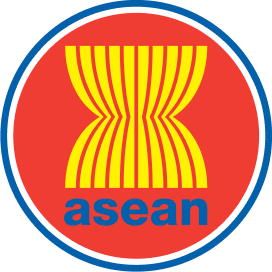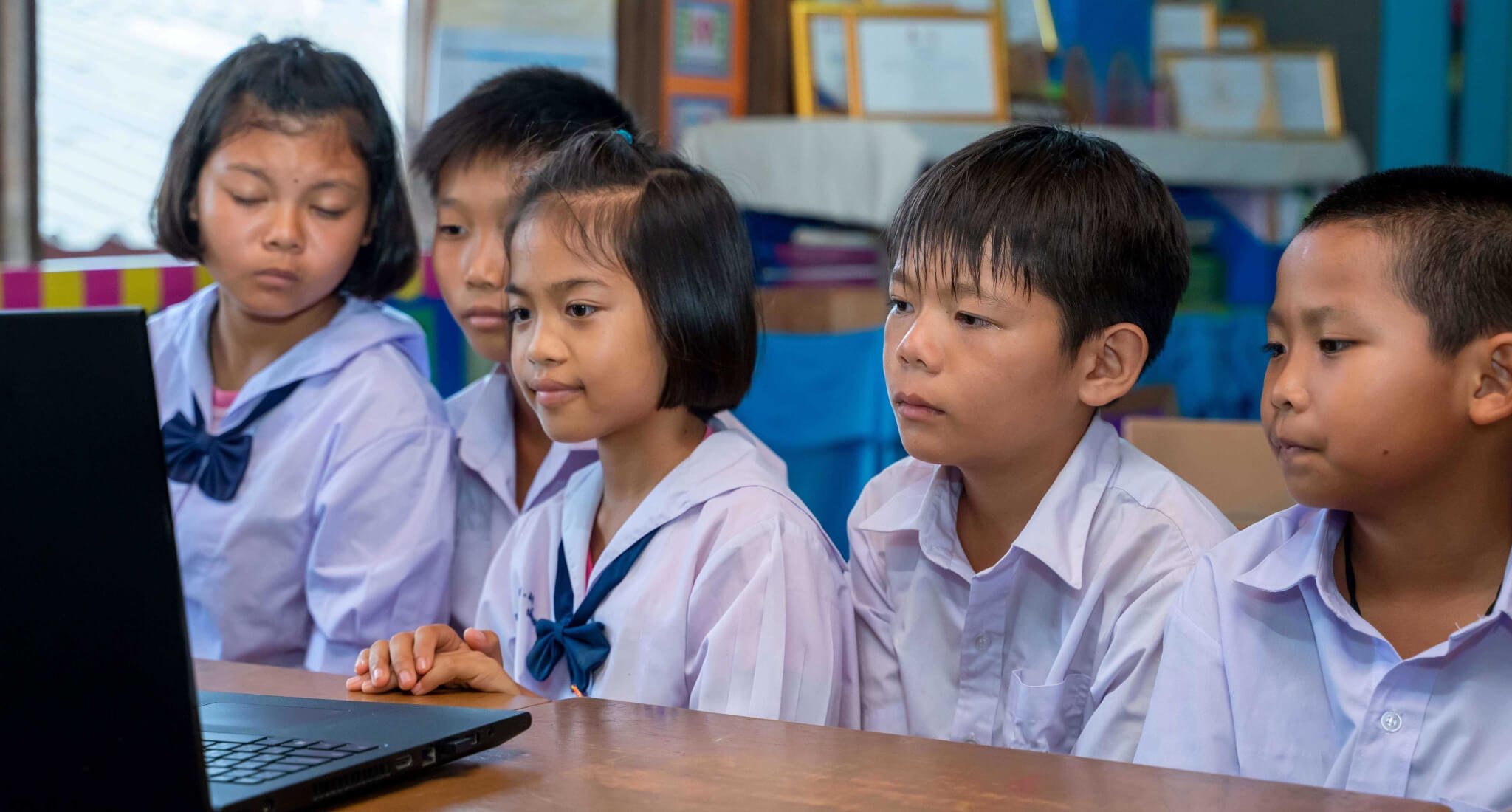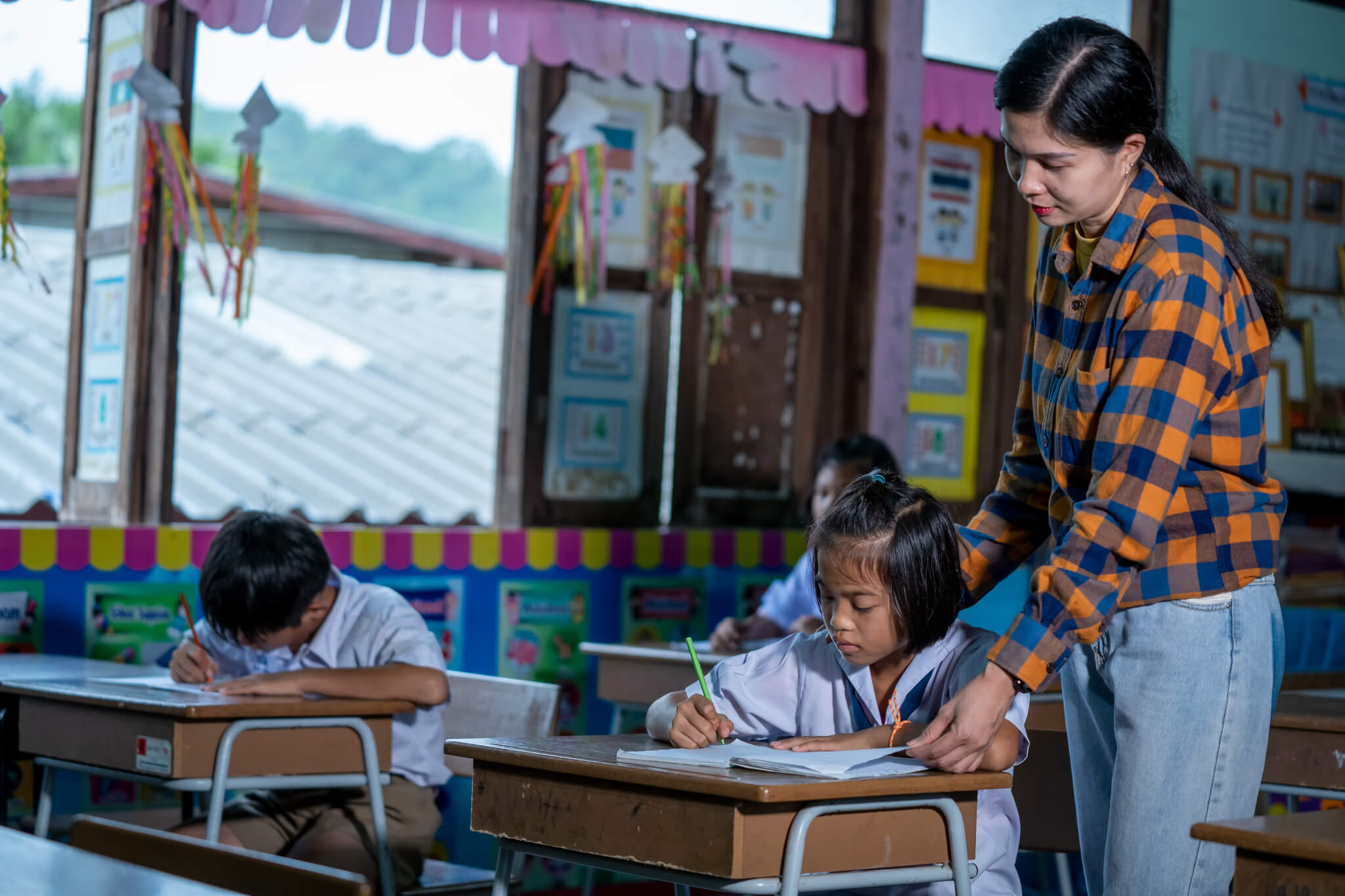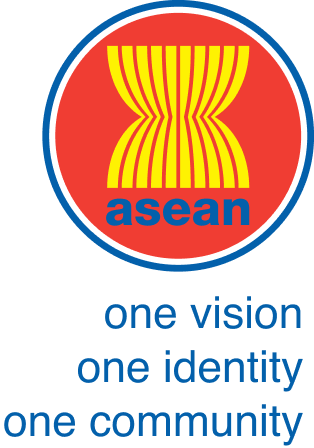


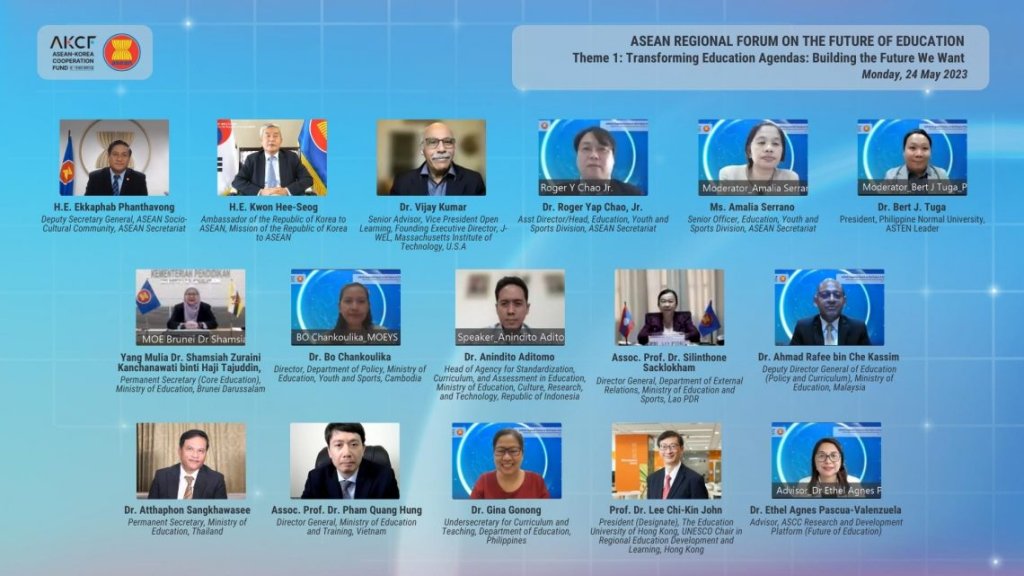 JAKARTA, 24 May 2023 – The ASEAN Regional Forum on the Future of Education called for digital innovation and investments, green education, and strengthened partnerships to transform the education agenda and address 21st century challenges. The three-day forum is the first in a series of events on the future of education under the ASEAN Socio Cultural Community (ASCC) Research and Development Programme funded by the ASEAN-Republic of Korea Cooperation Fund.
JAKARTA, 24 May 2023 – The ASEAN Regional Forum on the Future of Education called for digital innovation and investments, green education, and strengthened partnerships to transform the education agenda and address 21st century challenges. The three-day forum is the first in a series of events on the future of education under the ASEAN Socio Cultural Community (ASCC) Research and Development Programme funded by the ASEAN-Republic of Korea Cooperation Fund.
In his opening remarks, Deputy Secretary-General of ASEAN for ASCC Ekkaphab Phanthavong highlighted the necessity of innovation to transform education, and the importance of equipping ASEAN youth with critical skills to navigate an ever-evolving world. Ambassador of the Republic of Korea (ROK) to ASEAN Kwon Hee-Seog, in his remarks, outlined ROK’s efforts to critically assess global developments in digital competencies to accelerate the education transformation in the country.
Dr Vijay Kumar of the Massachusetts Institute of Technology stressed the synergies between technology, teachers, and learners in shaping not just the education future we want, but the future that we need. His keynote address also examined the sweeping social changes and challenges introduced by cutting edge technologies, emerging trends in microcredentials, and the intersections of open learning and generative AI. He emphasised the importance of a sufficient base of human resources to compete and remain relevant in the world market.
Senior Officials of Education (SOMED) from Brunei Darussalam, Cambodia, Indonesia, and the Lao PDR shared their digital transformation journey, and highlighted that a high level of capacity building assistance ensured that education transformations are maximised by both learners and educators in the region. To keep up with the rapid technological changes in the region, they emphasised the need to prioritise educational quality and inclusiveness, digital citizenship, cybersecurity, additional and sustained resources, and governance and monitoring.
Concrete steps taken to combat climate crisis to achieve the Sustainable Development Goals were discussed by SOMED Malaysia, Thailand, and Vietnam. They emphasised the need for high quality climate-change education to empower the youth to become change agents for sustainability and collective action. The promotion of a Sufficiency Economy philosophy, as embraced by the Thai society, was raised as a possible strategy to advance sustainability and green education.
SOMED Philippines shared its flagship agenda, MATATAG, a Filipino word for resilient, in efforts to address the digital divide and exclusion of disadvantaged learners.
Professor John Lee, UNESCO Chair and President-designate of the University of Hongkong, urged the development of an ASEAN regional mechanism to realise and harmonise digital education innovations and reforms. Complementary to Professor Lee’s recommendation, a suggestion was made to strengthen coordination with the ASEAN Working Group on Environmental Education.
Closing the forum, Dr Ethel Agnes Valenzuela, Advisor on the Future of Education emphasised that digital transformation in the region will need to commit to investment in teachers, digital development, and digital literacy; generate awareness and partnerships to address digital gaps; improve and invest in school information systems; maximise open educational resources and promote learning of management systems; strengthen an enabling environment for innovation and sharing of new knowledge; and leverage on existing regional infrastructure to improve access to digital learning. She also outlined strategies to greening education and addressing the digital divide and exclusion of marginalised learners.
